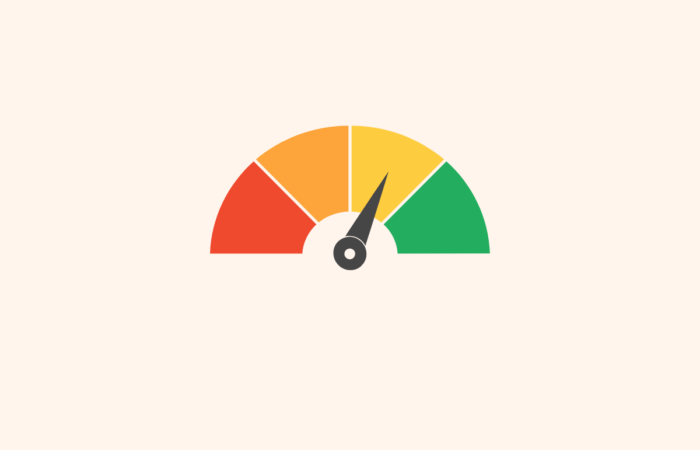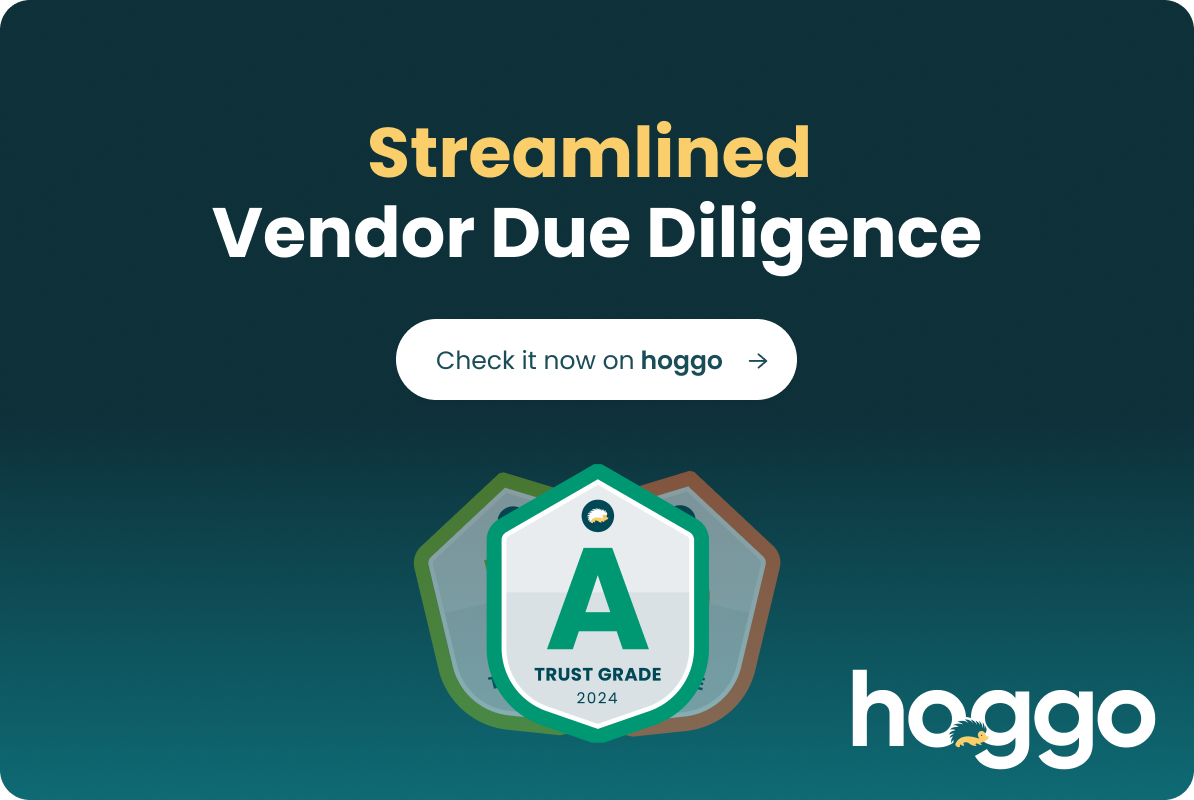Your prospects and customers will provide you with many privacy and security questionnaires if you sell to other businesses (B2B). This is so they can ensure you are protecting their data and meeting industry standards.
As a legal requirement under GDPR, CPRA, and security certifications such as SOC2, this must be addressed.Most of the questions are open-text, so you need to demonstrate your knowledge and compliance efforts in addition to answering them.
Our unique vendor due diligence checklist for sellers will help you stay on top of your obligations and requirements.
In this article we will cover:

What is Vendor Due Diligence?
In most cases, vendor assessments are part of a dedicated process designed to ensure that any vendor the company engages with meets the company’s security and privacy requirements. During this procedure, companies will ask vendors to demonstrate that they have robust privacy practices in place to securely manage data, and they will review their security and privacy practices. It involves assessing a vendor’s response plans, security controls, sub-processors, etc. Vendor Due Diligence is a crucial part of risk management for any business.
Organizations also conduct additional due diligence on potential vendors to ensure they meet information security and data privacy compliance requirements. Organizations must ensure that personal data is adequately protected and not misused in accordance with regulations such as GDPR, VCDPA, and CCPA/CPRA.
The impact of a data breach can be devastating in this environment, especially if personal data or protected company information is compromised. It is possible to reduce your organization’s cyber risk while strengthening your business relationships by developing an effective vendor due diligence program.
Different Approaches to Vendor Due Diligence
In-house vendor due diligence
Many companies seek to internally manage vendor data collection and analysis. However, even if your organization is well-staffed and funded, DIY due diligence can be a burden if you use disparate, manual tools (e.g., spreadsheets) to manage the process.
It can be helpful to implement an automated third-party risk management platform. Here are some features to look for:
A platform with as many vendor risk profiles as possible
Automated assessments and risk recording
Vendor management
Automated Vendor Monitoring – to keep up-to-date with any changes in sub-processors, policies or data breaches.
Collaboration capabilities
Outsourced vendor due diligence
It is popular to outsource vendor due diligence and assessment to consultants and lawyers. This way, your in-house team can focus on risk identification and remediation instead of chasing down and verifying assessment results.
However, this option is rather costly and does not provide a unified approach to risk assessments. As such service providers often use tiresome spreadsheets and questionnaires that might delay the buying process.
Instead, you can simply use hogggo’s Trust Hub, and view the vendor’s passport in order to evaluate them quickly and consistently.
Vendor Due Diligence Checklist – Privacy
It is imperative that you are prepared in advance when a buyer conducts vendor privacy due diligence on your company as a privacy vendor. This includes:
Public policies – This includes privacy policies, online data processing addendum (if applicable), incident handling procedures, data subject rights processes, and security measures (such as Technical and Organisational Measures). This helps your buyers understand how personal data will be handled, for what purposes, and it would provide details on international data transfers.
Internal policies – This includes data subject requests procedures, incident response plans, etc. This helps your buyers rest assured that when something happens, you will handle it in line with the regulations and their requirements.
Consistent answers – Make sure your answers are consistent and do not vary from one questionnaire to another. This might cause brand damage and loss of trust.
History of complaints or requests from Data Protection Authorities – You should keep a record of any complaints or requests from Data Protection Authorities.
Employee privacy training – You should also provide regular employee privacy training to ensure they are aware of their rights and the data you collect.
Vendor Due Diligence Checklist – Security
Although security and privacy due diligence are often combined, there are some things you should be prepared for. These include:
Confidentiality of employees – Your buyers should be assured that your employees will be trustworthy and will face consequences if they breach this confidentiality.
Data breach history – Your buyers should be made aware of any previous data breaches or incidents that have occurred in your organization. They should also be able to trust that you have implemented adequate security measures to prevent future data breaches. Additionally, you should be transparent with them about any potential data breaches or incidents that have occurred.
Compliance reports (such as SOC2, ISO) – If you already have any security-related certifications, this is your time to shine. Regular security audits help both you and your customers ensure that vulnerabilities are identified and addressed promptly.
Security training – Security training is essential for all employees in order to understand the importance of protecting company data. Regular security training should be conducted to ensure that all employees are aware of the latest security protocols and procedures.
Technical and organizational measures – Showcase your implemented technical and organizational measures, such as firewalls, encryption, access control, and two-factor authentication.
Streamline Vendor Due Diligence With hoggo
hoggo’s open platform helps to automate and streamline Vendor Due Diligence processes, making it easier to identify and manage risks. Hoggo’s platform allows buyers to quickly assess vendor security postures, manage vendor relationships, and track vendor performance. In addition, sellers can easily showcase their compliance efforts and data practices in order to build customer trust.

Noa Kahalon
Noa is a certified CIPM, CIPP/E, and a Fellow of Information Privacy (FIP) from the IAPP. Her background consists of marketing, project management, operations, and law. She is the co-founder and COO of hoggo, an AI-driven Digital Governance platform that allows legal and compliance teams connect, monitor, and automate digital governance across all business workflows.
- Noa Kahalon#molongui-disabled-link
- Noa Kahalon#molongui-disabled-link
- Noa Kahalon#molongui-disabled-link
- Noa Kahalon#molongui-disabled-link






